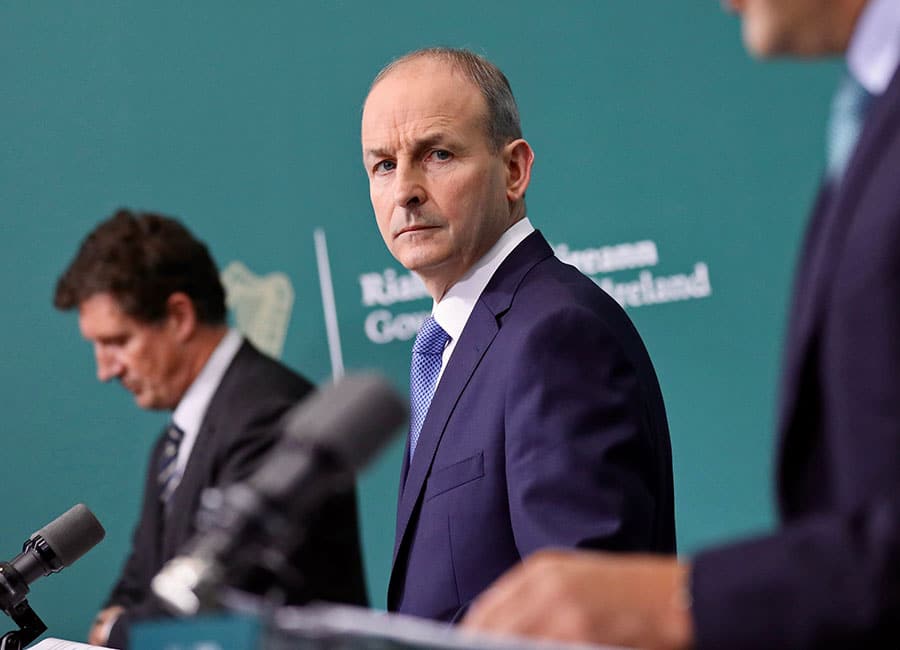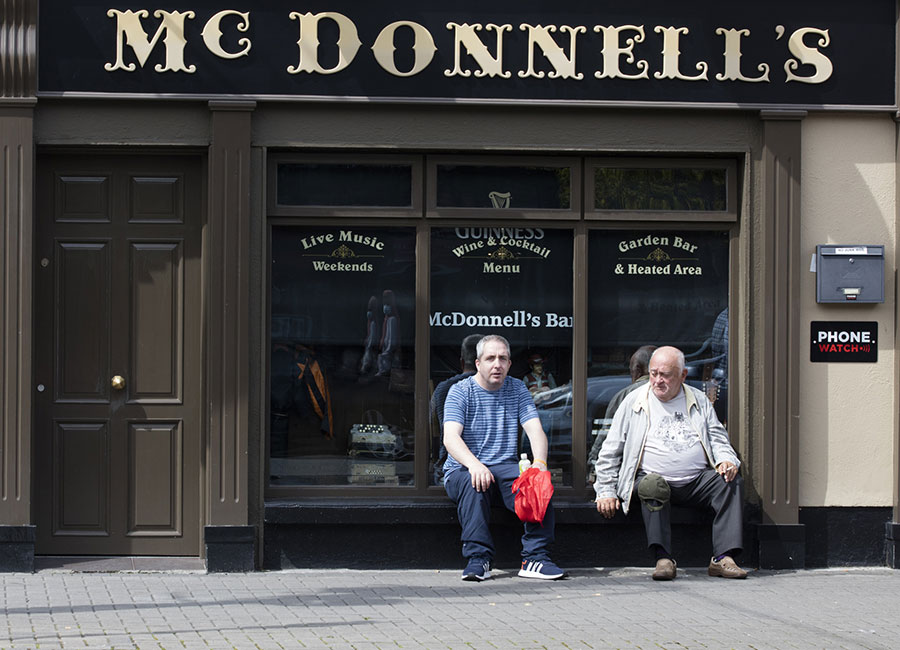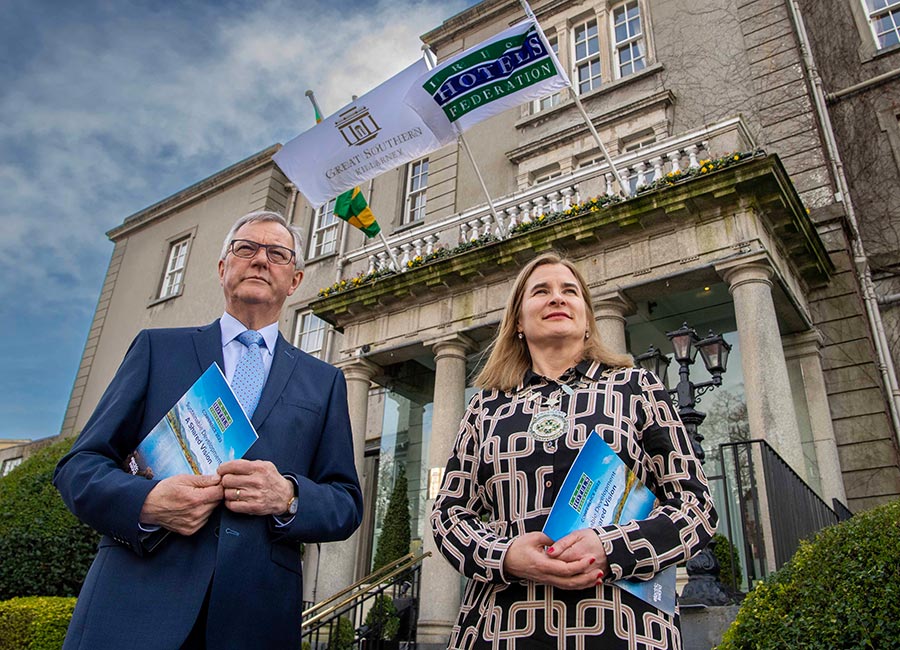The body representing family-owned businesses has called for the government to establish a dedicated taskforce to address the rising cost of doing business in Ireland.
The Family Business Network has also proposed an extension of the tax debt warehousing scheme, established at the outset of the Covid-19 pandemic; a reduction on the VAT charged on electricity bills, and a one-off grant for businesses to offset energy cost increases.
John McGrane, executive director, said rapidly rising costs of doing business in Ireland are putting thousands of jobs at risk in indigenous and family-run businesses at risk.
“We are calling on the government to immediately establish a cross-departmental business taskforce to develop a clear approach, informed by the views of all stakeholders, to address the spiralling cost of doing business in Ireland with a specific focus on energy and raw materials," he said.

The Network said a "one-time scaled grant for businesses" to offset energy price inflation in addition to the other proposed measured "could be the difference needed to stave off widespread insolvency for businesses and resultant job losses".
“From speaking with local firms across the country, the inflation that we are seeing is not a transitory phenomenon that many predicted it would be," McGrane added.
“We would urge the government to also consider an extension of the tax warehousing scheme. Coupled with targeted once-off tax relief and reduction on the VAT charged on electricity bills, would be the right measures to help our indigenous businesses adjust to the current cost of doing business crisis.”
Meanwhile, research from ACCA and Grant Thornton suggests that one in six small firms are expecting to lay off staff when the employment wage subsidy scheme comes to an end.
The research was conducted at a recent seminar which surveyed 200 finance professionals.
Feedback indicated that costs for SMEs on average have increased by 25% since the start of the year, with an overwhelming majority indicating that there must be more support for small businesses to cope with these rising costs.
One in five participants in the informal research said their firms are struggling to meet monthly payroll commitments, and that 40% have raised prices for their good and services.
Andrew Webb, chief economist at Grant Thornton added: “These findings are consistent with a decline in optimism that has emerged across various sentiment trackers. SMEs are feeling inflationary pressures from two directions – higher input costs and via a ‘squeezed consumer’ that is having to divert more spending to essential items such as heat and food.
“These elevated rates of inflation are expected to pass but that is cold comfort to SMEs plotting a course through the next 6 to12 months.”
Caitriona Allis, Head of ACCA Ireland, stated: “We welcome the decision to cut VAT on fuel bills, but we would also urge policymakers to keep further reductions under review. The economic conditions facing our small business sector are extremely challenging, with many still in recovery mode from the pandemic, which is impacting their ability to absorb rising costs.”











